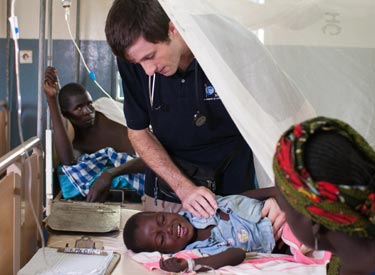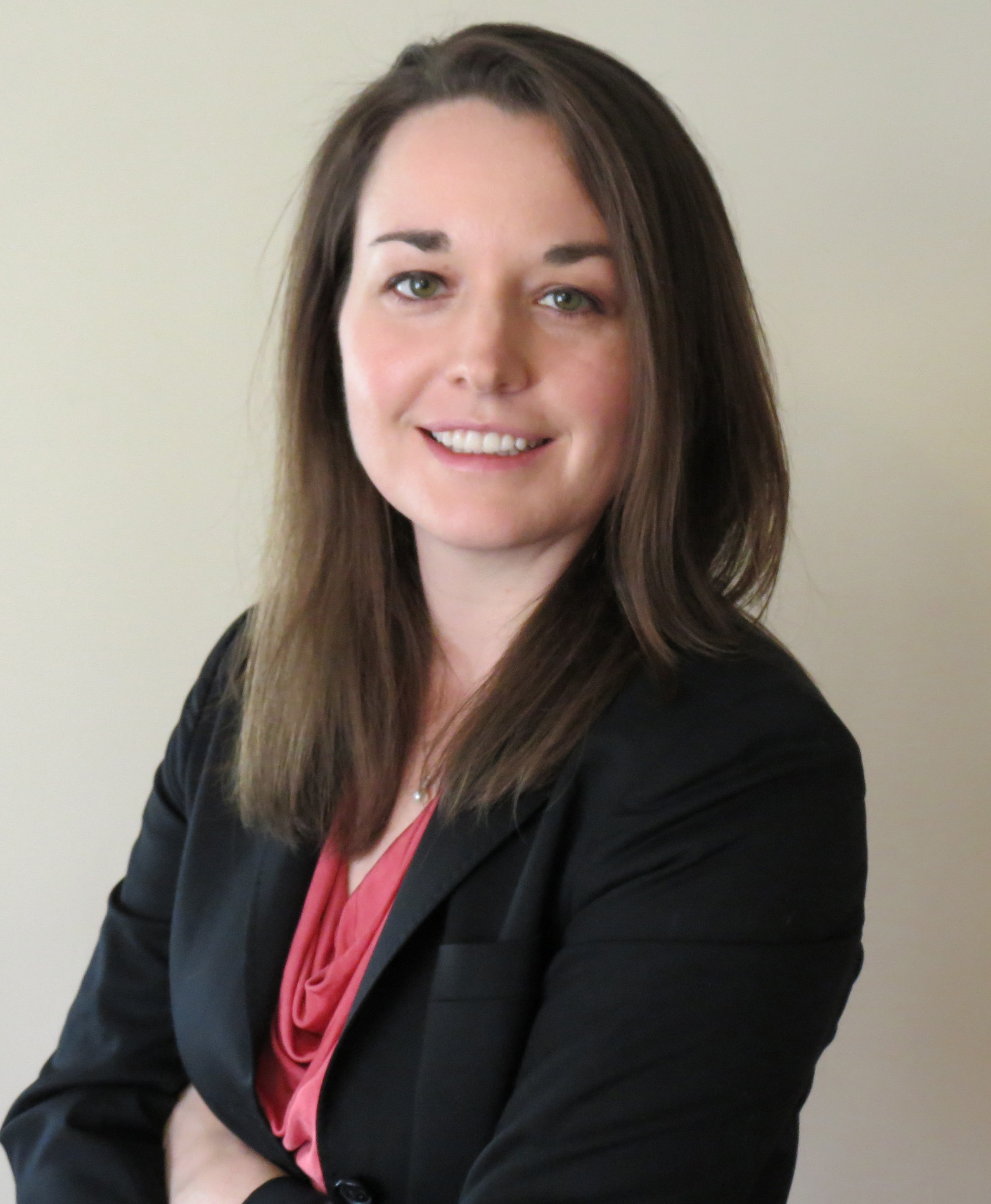1. Democratic Legislative Campaign Committee Klindt/Dye Internship – (Apply by March 31), Washington, D.C. 2. U.S. Government Office of Personnel Management - Resource
3. U.S. Supreme Court Judicial Internship - Internships (Apply by March 10), Washington, D.C.
4. ACLU Reproductive Freedom Project - Internships (Now accepting applications), New York, NY
5. American Enterprise Institute - Internships (April 1), Washington, D.C.
6. Audubon Society - Internships (Now accepting applications), Washington, D.C.
7. Center for American Progress - Internships (Feb. 17), Washington, D.C.
8. Manhattan Institute for Policy Research - Internships (Apply by March 4), Washington, D.C.
9. National Cattlemen's Beef Association - Internships (Apply by March 4), Washington, D.C.
10. Partnership for Public Service Fellows Program - Fellowships (Apply by March 8), Washington, D.C.
11. Sierra Club - Internships (Now accepting applications), Washington, D.C.
12. The Fund for American Studies Eben Tisdale Public Policy Fellowship - Fellowships (March 15), Washington, D.C.
2. U.S. Government Office of Personnel Management - Resource
3. U.S. Supreme Court Judicial Internship - Internships (Apply by March 10), Washington, D.C.
4. ACLU Reproductive Freedom Project - Internships (Now accepting applications), New York, NY
5. American Enterprise Institute - Internships (April 1), Washington, D.C.
6. Audubon Society - Internships (Now accepting applications), Washington, D.C.
7. Center for American Progress - Internships (Feb. 17), Washington, D.C.
8. Manhattan Institute for Policy Research - Internships (Apply by March 4), Washington, D.C.
9. National Cattlemen's Beef Association - Internships (Apply by March 4), Washington, D.C.
10. Partnership for Public Service Fellows Program - Fellowships (Apply by March 8), Washington, D.C.
11. Sierra Club - Internships (Now accepting applications), Washington, D.C.
12. The Fund for American Studies Eben Tisdale Public Policy Fellowship - Fellowships (March 15), Washington, D.C.
Democratic Legislative Campaign Committee Klindt/Dye Internship, Washington, D.C.
Help Democratic candidates and caucuses while gaining valuable political experience. As many as four internships are offered each summer. Some of duties will be administrative, but interns are also given substantive projects based on the interests and current office needs.
http://bit.ly/Y9VhZI
U.S. Government Office of Personnel Management – Resource
Interested in an internship or full-time job post-graduation? The government's programs have recently changed. This fact sheet will give you an overview of how to search for Federal positions.
http://1.usa.gov/WZ2tZl
U.S. Supreme Court Judicial Internship – Internships, Washington, D.C.
Have an interest in law, management, and the social sciences? Gain exposure to the field of judicial administration through work in the Office of the Counselor to the Chief Justice. Interns may also participate in the diverse research. Open to advanced undergraduates and graduating seniors who have interests in law, management, and social sciences
http://1.usa.gov/YojNoU
ACLU Reproductive Freedom Project – Internships, New York, NY
Learn about public policy while protecting women's rights. Conducting factual research on issues relating to civil liberties and reproductive freedom, assist with the archiving of case files and advocacy materials, and work on other projects as assigned.
http://bit.ly/X5gL99
American Enterprise Institute – Internships, Washington, D.C.
The American Enterprise Institute, a public policy think tank, offers internships year-round for students interested in working on economic policy, foreign and defense policy, social and political studies, public relations, The American online magazine, publications editing, marketing, government relations, and communications.
http://bit.ly/s36bTR
Audubon Society – Internships, Washington, D.C.
Gain real-world policy experience — an inside look at Congress, hands-on work with one of the conservation community’s most extensive grassroots programs, and an intriguing exposure to the network of federal agencies in D.C. Work side-by-side with Audubon's highly skilled lobbyists, policy advocates, and grassroots team to develop a range of lobbying, policy, and outreach skills.
http://bit.ly/UasR3V
Center for American Progress – Internships, Washington, D.C.
Intern for progressive public policy research and advocacy think tank. Engage with the Center’s policy experts and participate in activities including research, writing, administrative tasks, conferences and web-based projects.
http://bit.ly/VpRWn8
Manhattan Institute for Policy Research – Internships, Washington, D.C.
A unique work experience at a right-of-center think tank with a free market perspective. Gain broad exposure to MI's work by contributing editing, administrative, and research skills directly to various MI departments. Internships available year-round.
http://bit.ly/UWg4xA
National Cattlemen's Beef Association – Internships, Washington, D.C.
Work on behalf of America’s cattlemen and women in Washington, D.C. Interns work alongside NCBA’s lobbying team, regulatory experts, communications team and political action committee to ensure legislative and regulatory actions taken inside the nation’s Beltway don’t cause harm to the cattle industry.
http://bit.ly/z5Zsmb
Partnership for Public Service Fellows Program – Fellowships, Washington, D.C.
Transforming the way government works while developing professional skills through a Fellowship with the Partnership for Public Service. Fellows' duties vary but often include event planning and execution, conducting research, writing and preparing correspondence, and conducting outreach to external partners, such as government agencies and colleges and universities.
http://bit.ly/UAbxnM
Sierra Club – Internships, Washington, D.C.
Help Sierra Club's legislative office monitor legislative activities and public policy decisions of environmental concern, while also educating Congress, the public, and Sierra Club members on environmental quality. Work ranges from research and preparing brief materials to writing summaries and fact sheets.
http://bit.ly/pUBQbh
The Fund for American Studies Eben Tisdale Public Policy Fellowship – Fellowships, Washington, D.C.
Create a brighter, more prosperous future by preparing young people for leadership and teaching them the ideas of freedom and a free-market economy. Explore current public policy issues of critical importance to the high technology sector of the economy. The Fellowship programs includes a full-time 8 week public policy internship with a high-tech company, firm or trade association, and weekly issues seminar lunches hosted by Tisdale sponsors.
http://bit.ly/7VXkEE
 (1pm-5pm) in the GlycoFi Atrium & The Great Hall at Thayer.
(1pm-5pm) in the GlycoFi Atrium & The Great Hall at Thayer.


















